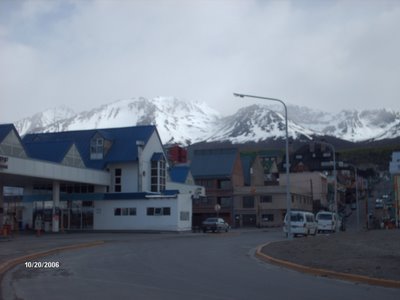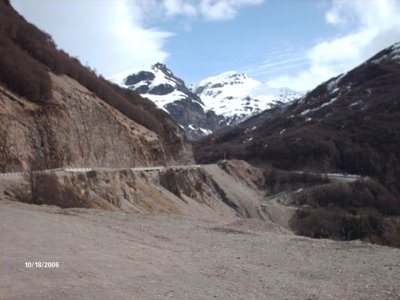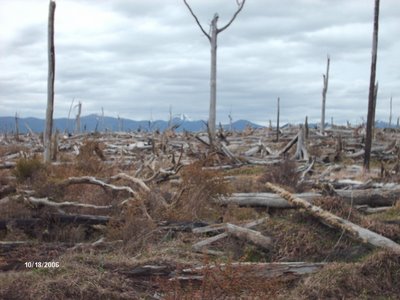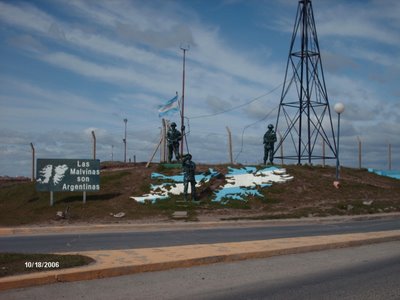
I am deeply privileged by this invitation to speak. However I am shy in standing before you and ask for your forgiveness for those inevitable crimes I commit of syntax and vocabulary. There have been twelve years prior to my recent journey in which I had little opportunity to speak Spanish. My verbs are casualties of an old man’s memory and you listen to a man whose mouth is full of pebbles.
First, on behalf of myself and of my sons and daughter and of my grandson, I thank the citizens of Morella and your excellency, the Calde, for your kindness and hospitality. And I thank all those who have assisted in preparing this festival that recalls the life of my great-grandfather, Don Ramon Cabrera.
I wish to pay particular thanks to a close and valued family friend, Dona Conxa Rodriguez and to my cousin, Don Josep Llasat Roig. Their enthusiasm has made this congress possible.
I am a novelist. I distrust historians. History books are dictated by the victors (or by Hollywood film producers). My knowledge of my great-grandfather comes from the portrait that hangs in my study. I suspect that the young El Tigre would be unsettling as a companion. My Ramon Cabrera is in his sixties. I imagine that he has seen too much, that he has grown in wisdom, has lost faith in violence. Rather than a warrior, he has become a man of peace.
There is something more to the portrait, something unmistakable: This is a Spaniard.
And it is of this that I wish to speak.
I have returned recently from journeying alone by small motorcycle from the ruins of the first house of Hernando Cortes in Veracruz, Mexico, to Ushuaia in Tierra del Fuego. Such a solitary journey is always as much a journey of self- discovery as of discovering fresh lands. I discovered how deeply I am rooted culturally in Catholicism. I speak not of faith but of culture. I admire the chapel of the Rosary in Quito and the cathedral in Cusco more than I admire the Inca stone work of Machu Pichu or the pyramids at Tikal and Copan.
I recall visiting the Jesuit Temple one evening in Oaxca, Mexico. A side chapel is dedicated to the Jesuit martyrs. I sat there alone in the quiet of the evening and read their names. The English were amongst their number, names familiar from my Catholic childhood: Edmund Campion, Hugh Sykes, Edward Thomson.
Yes, I am Catholic by heritage.
I discovered something else. Though we speak the same language, I find myself a foreigner in the United States. Nothing is familiar. In Hispanic America I feel at home. So much is familiar.
My journey took me over the Andes and across the altiplano. I thought often of the first Spaniards in the Americas. They were small men with little education and burdened by many superstitions. See the country they crossed, then judge them how you will, but never deny their extraordinary imagination and amazing courage. I have thought of myself as English. I should have paid heed to the comment of a Mexican in Veracruz: “The only Pure Bloods are horses.”
Following the trails of the conquistadors, I became increasingly aware of and proud and grateful to have inherited from Ramon Cabrera the genetic heritage of Spain.
This is my Ramon Cabrera, a man intensely Spanish, a man who has survived great storms and come safely to harbour, the great-grandfather who observes me calmly from his golden frame above the bookshelves in my study, a man I never knew but who has grown in my imagination and whom I have grown to love.
There is, of course, a different Cabrera; the Cabrera of history books; Cabrera, the Carlist General, Conde de Morella, Marques del Ter. Surely his battles are finished. The dead are dead.
Yet, for one hundred and fifty years, the followers of Carlism have been excluded from Spain’s body politic. Perhaps I am impertinent. If so, please forgive me. But it seems to me that this celebration is a final act of inclusion, a confirmation of the unity of a diverse nation, a modern nation, a strong, confident, democratic Spain - a nation of whose heritage we English descendants of Cabrera are immensely proud and grateful to partake.
Again, I thank you.









